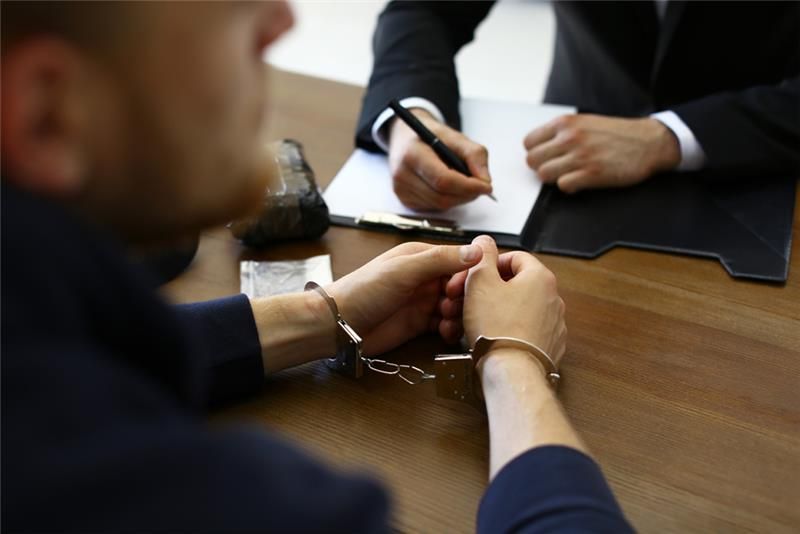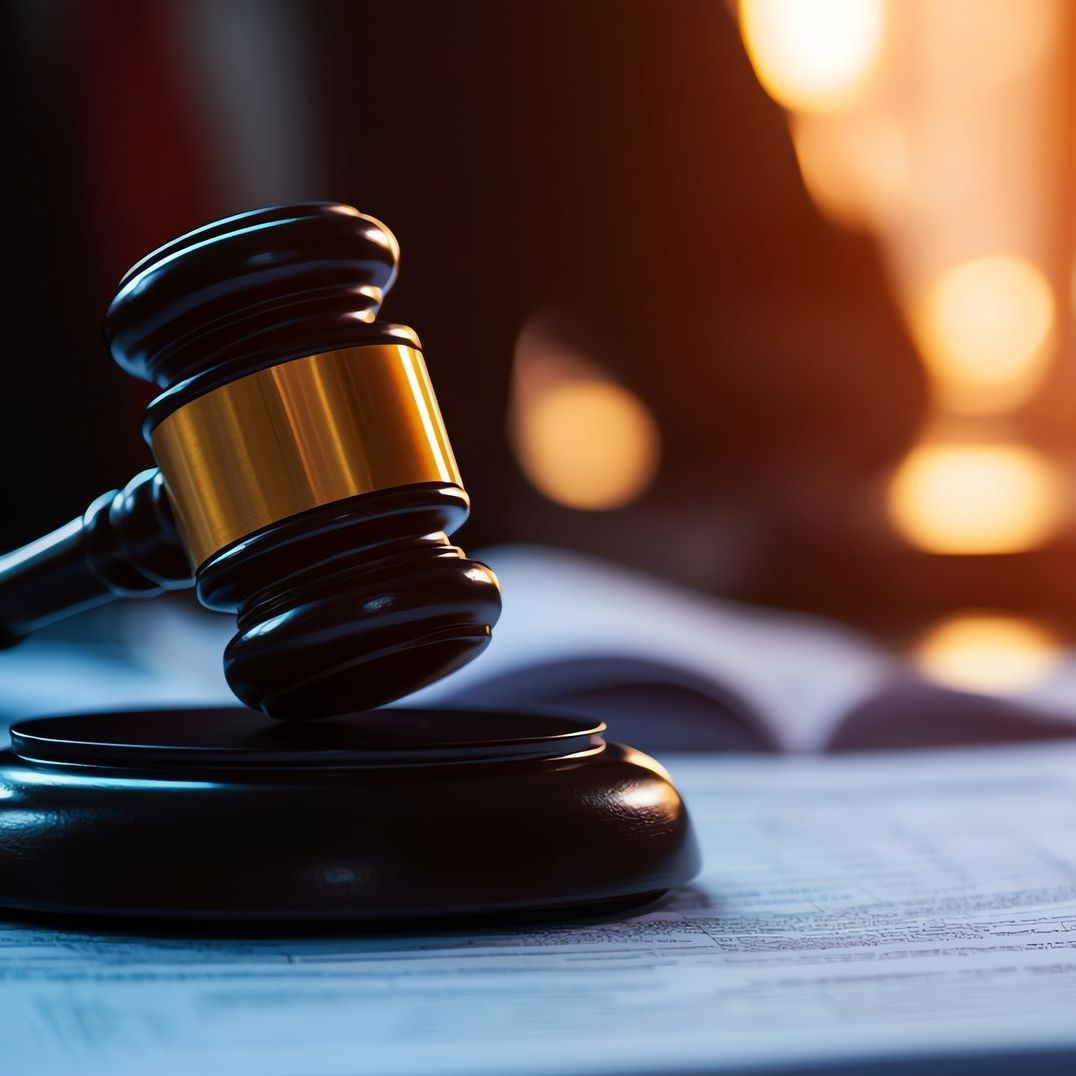Why Prosecutors Must Take Autism Into Account in Criminal Proceedings
Understanding How Autism Can Impact Behavior, Intent, and Justice in the Courtroom

The criminal justice system in Alabama (and across the United States) often fails individuals with autism spectrum disorder (ASD). From initial police encounters through trial and sentencing, autistic defendants face unique challenges that can lead to wrongful convictions, excessive sentences, and profound injustice.
Our criminal defense team at Luck Law firmly believe that it's time for prosecutors, judges, and law enforcement to recognize that autism fundamentally changes how individuals interact with the legal system, and reforms are desperately needed to ensure fair treatment.
How Autism Affects Criminal Justice Encounters
Autism affects communication, social interaction, and behavior in ways that can be catastrophically misunderstood by law enforcement and prosecutors. Autistic individuals may struggle to make eye contact, which officers often interpret as deception or guilt. They might provide inconsistent statements not because they're lying, but because they process questions literally or become overwhelmed under pressure. Many autistic people have difficulty understanding abstract concepts like "rights" or legal procedures, even after Miranda warnings are read.
During interrogations, autistic individuals are particularly vulnerable. Their strong desire to please authority figures, combined with difficulties understanding implications and consequences, can lead to false confessions. They may agree to statements they don't understand or confess to crimes they didn't commit simply to end an uncomfortable interaction. Studies show that people with developmental disabilities, including autism, are significantly overrepresented among false confession cases.
In courtroom settings, autistic defendants face additional obstacles. Their atypical behavior, including stimming, avoiding eye contact, inappropriate affect, or seeming lack of remorse, can be misinterpreted by juries as evidence of guilt or callousness. They may struggle to assist their own attorneys because they have difficulty understanding legal strategy, hypothetical scenarios, or the adversarial nature of the system. Many cannot adequately express their experiences or emotions in ways that resonate with neurotypical jurors.
Prosecutors have a constitutional obligation to seek justice, not merely convictions. This duty requires recognizing when a defendant's autism affects their culpability, intent, or ability to receive a fair trial. Yet too often, prosecutors ignore or minimize these factors in pursuit of convictions.
The Need for Systemic Reform
Meaningful reform must happen at every level of the criminal justice system. Law enforcement officers need mandatory training on recognizing autism and adjusting their approach during investigations and arrests. Interrogations of autistic suspects should require the presence of an appropriate adult or advocate who understands autism. Prosecutors should be required to consider autism as a significant factor when making charging decisions, plea negotiations, and sentencing recommendations.
Courts must allow expert testimony on how autism affected the defendant's actions, understanding, and behavior. Competency evaluations should include autism-specific assessments conducted by professionals with autism expertise. Sentencing should account for the defendant's disability, with alternatives to incarceration when appropriate, considering that autistic individuals are particularly vulnerable to abuse in prison settings.
Alabama needs specialized diversion programs for autistic defendants, particularly those charged with non-violent offenses. These programs should focus on support services, not punishment, recognizing that many autistic individuals enter the criminal justice system because of unmet needs, not criminal intent.
The Right Criminal Defense Experience Matters
At Luck Law in Montgomery, we have experience defending autistic clients and understand the unique challenges they face in the criminal justice system. We work with autism specialists, ensure our clients understand proceedings, educate prosecutors and judges about autism's impact, and fight for fair treatment at every stage.
If you or a loved one with autism is facing criminal charges, the right legal representation is critical. Contact our criminal defense attorney at Luck Law today for a consultation. We're committed to protecting the rights of autistic defendants and advocating for the reforms our justice system desperately needs.













